- Overview
- Causes & Risks
- Symptoms, Stages & Types
- Tests & Diagnosis
- Your Prostate Cancer Care Team
- Treatment
- Remission & Recurrence
- Living With
- Support & Resources
- Appointment Prep
- View Full Guide
Things That May Slow Prostate Cancer Progression


Diet and Exercise
It’s early yet, but some research shows a healthy diet and regular exercise can slow the progress of prostate cancer. More studies are under way. In the meantime, cut back on sugar. Eat leaner meats and lots of colorful fruits and veggies. Stay away from fatty dairy products. When you hit the gym, do both cardio and weights.

Yoga
Stress can affect the nerves around a tumor. That may play a role in the spread of prostate cancer. So stress-relieving activities -- like yoga -- might slow its progress.
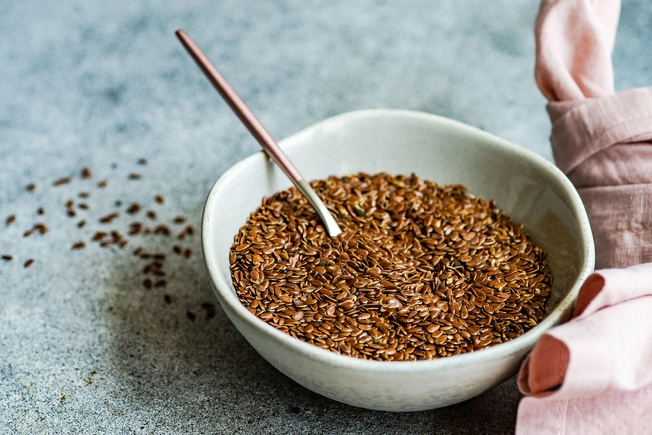
Flaxseed
The seeds from this plant have long been said to cure ills. It isn’t clear whether that’s true with prostate cancer. But researchers say flaxseed can help slow the growth of prostate tumors. Remember: Flaxseed is good for you. Too much flaxseed oil is not.
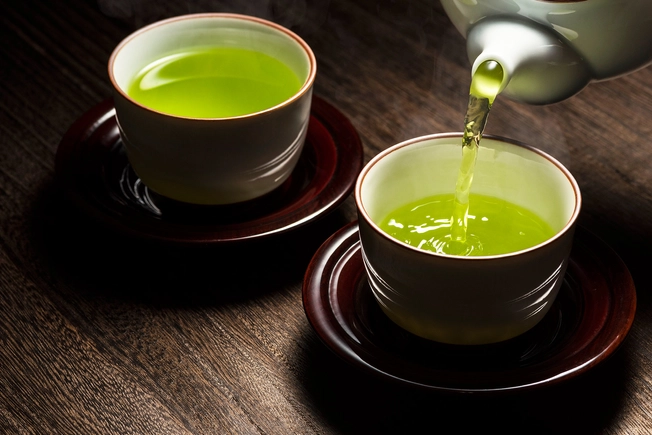
Green Tea
Some say a compound in green tea, called EGCG, may decrease and kill cancerous cells. Studies are still in the works, but the results are promising.
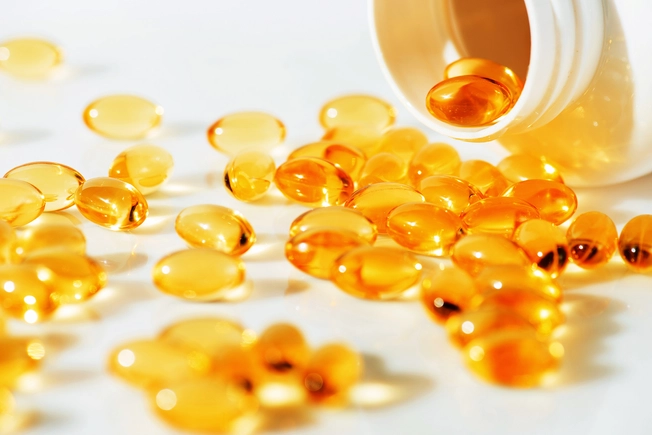
Vitamin D
People with prostate cancer tend to have less vitamin D. Boosting levels may not be as simple as getting more sun or drinking more milk. Vitamin D supplements can increase your levels and may slow the growth of cancerous cells. Research is ongoing.

Pomegranate Juice
Early research says drinking 8 ounces of this dark red potion a day may put the brakes on prostate cancer’s progress. Studies are still under way, but one says pomegranate juice works best if your cancer is in an early stage.
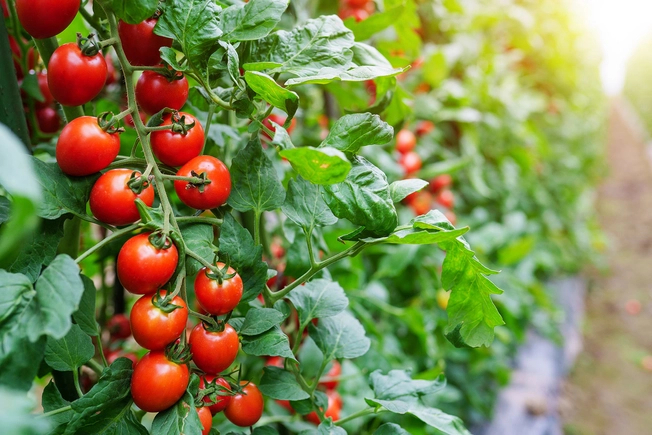
Lycopene
This natural pigment found in tomatoes (among other foods) has long been studied for its effect on cancers. Findings are mixed. But we are certain that tomatoes and other foods with lycopene are part of a healthy diet. And eating food that’s good for you may help slow the disease.
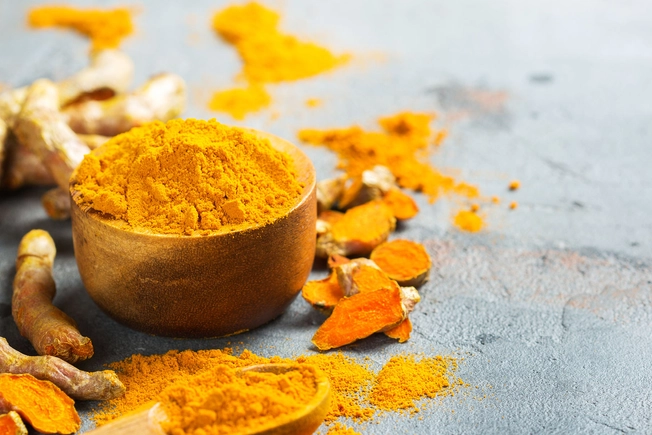
Turmeric
Taken as a supplement, early research shows this Middle Eastern pantry staple might help prevent the onset of prostate cancer. It also eases inflammation. More studies are under way. In the meantime, take it along with your other therapies -- and let your doctor know you’re adding it to the menu.